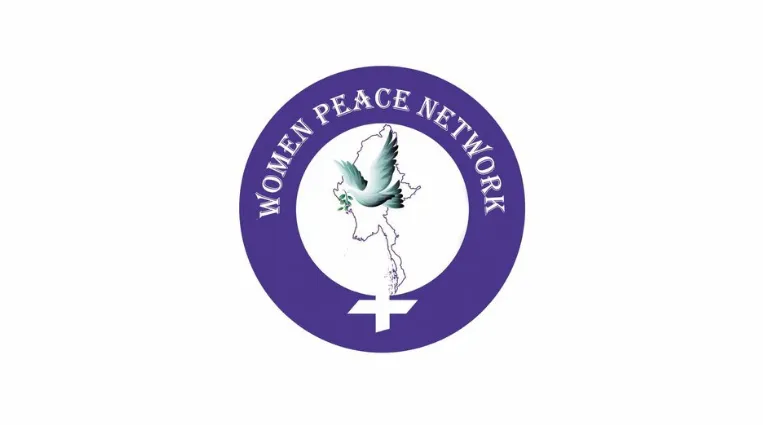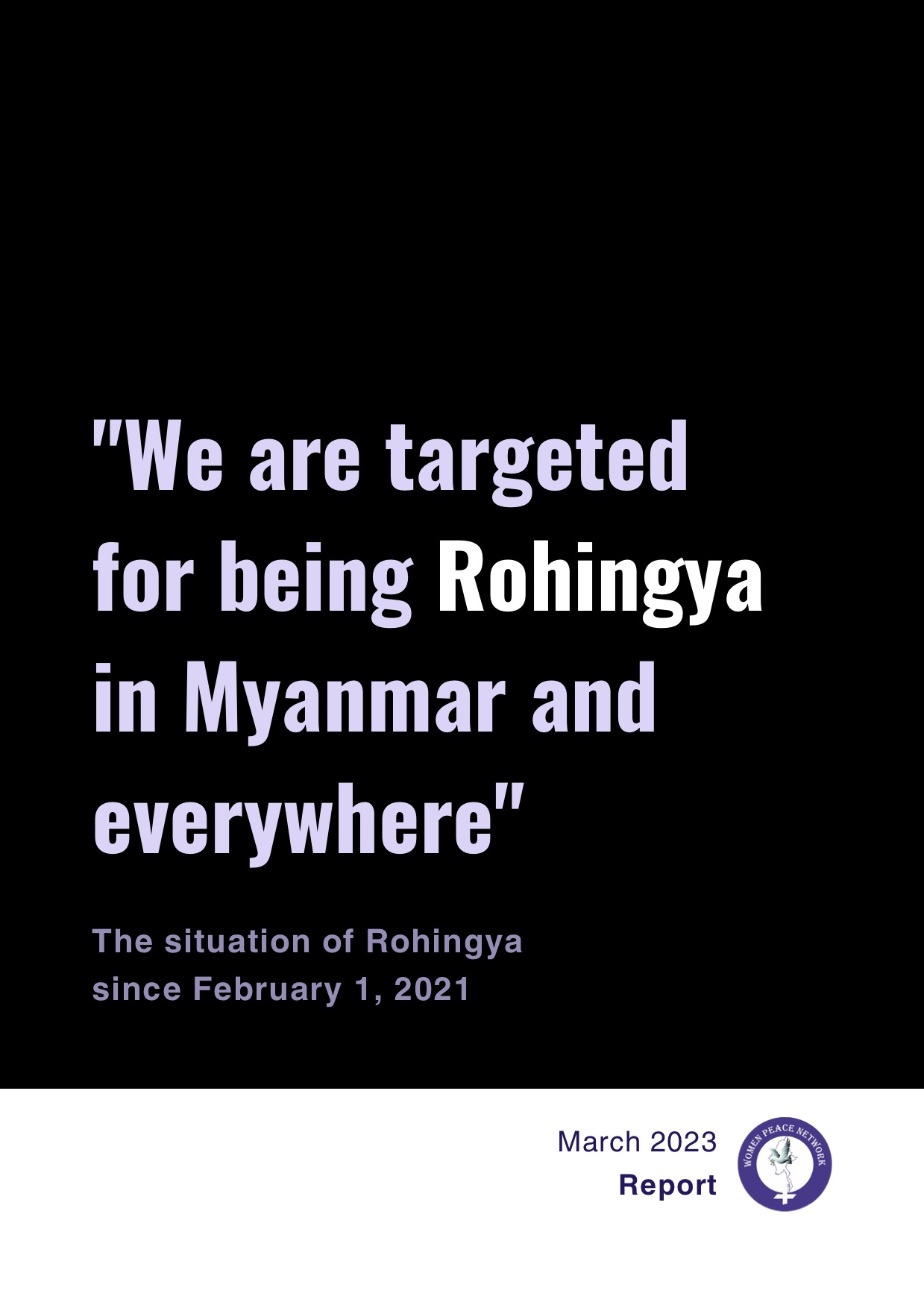We are targeted for being Rohingya in Myanmar and everywhere
22 March 2023

EXECUTIVE SUMMARY
Since the Burmese military’s attempted coup on February 1, 2021, the Rohingya community has been subjected to increasingly life-threatening circumstances in Myanmar and other countries in the South and Southeast Asia. A pattern of escalating grave rights violations emerges from such circumstances. In Myanmar, in addition to committing serious international crimes and other violations of international law across the country, the military is targeting the over 600,000 Rohingya who are remaining in the country with laws and policies that criminalize the exercise of fundamental freedoms, as well as arbitrary arrest and detention, torture, sexual violence, and even murder. Such brutal, systematic acts add to the decades-long genocide to which the predominantly Muslim Rohingya have been subjected, and risk the surviving population with further attacks of genocide in Rakhine State. Rohingya who have had no choice but to escape this persecution have since joined the near-one million refugees from their community in Bangladesh, Malaysia, India, as well as other South and Southeast Asian countries, where their access to basic needs and livelihoods continue to deteriorate despite the sustained efforts of the international and regional community. Throughout their desperate attempts to find any semblance of safety or hope, Rohingya face human trafficking, deportation, and various grave rights abuses – all of which pose a gendered effect to these victims and survivors of genocide. Such conditions are dire, thus requiring immediate attention and effective actions for Rohingya’s safety and protection, justice and accountability, and recovery and rehabilitation as a people: a path out of the genocide.

View the original
Announcements
28 February 2025
Asian NGO Network on National Human Rights Institutions , CSO Working Group on Independent National Human Rights Institution (Burma/Myanmar)
Open letter: Removal of the membership of the dis-accredited Myanmar National Human Rights Commission from the Southeast Asia National Human Rights Institution Forum

Progressive Voice is a participatory rights-based policy research and advocacy organization rooted in civil society, that maintains strong networks and relationships with grassroots organizations and community-based organizations throughout Myanmar. It acts as a bridge to the international community and international policymakers by amplifying voices from the ground, and advocating for a rights-based policy narrative.